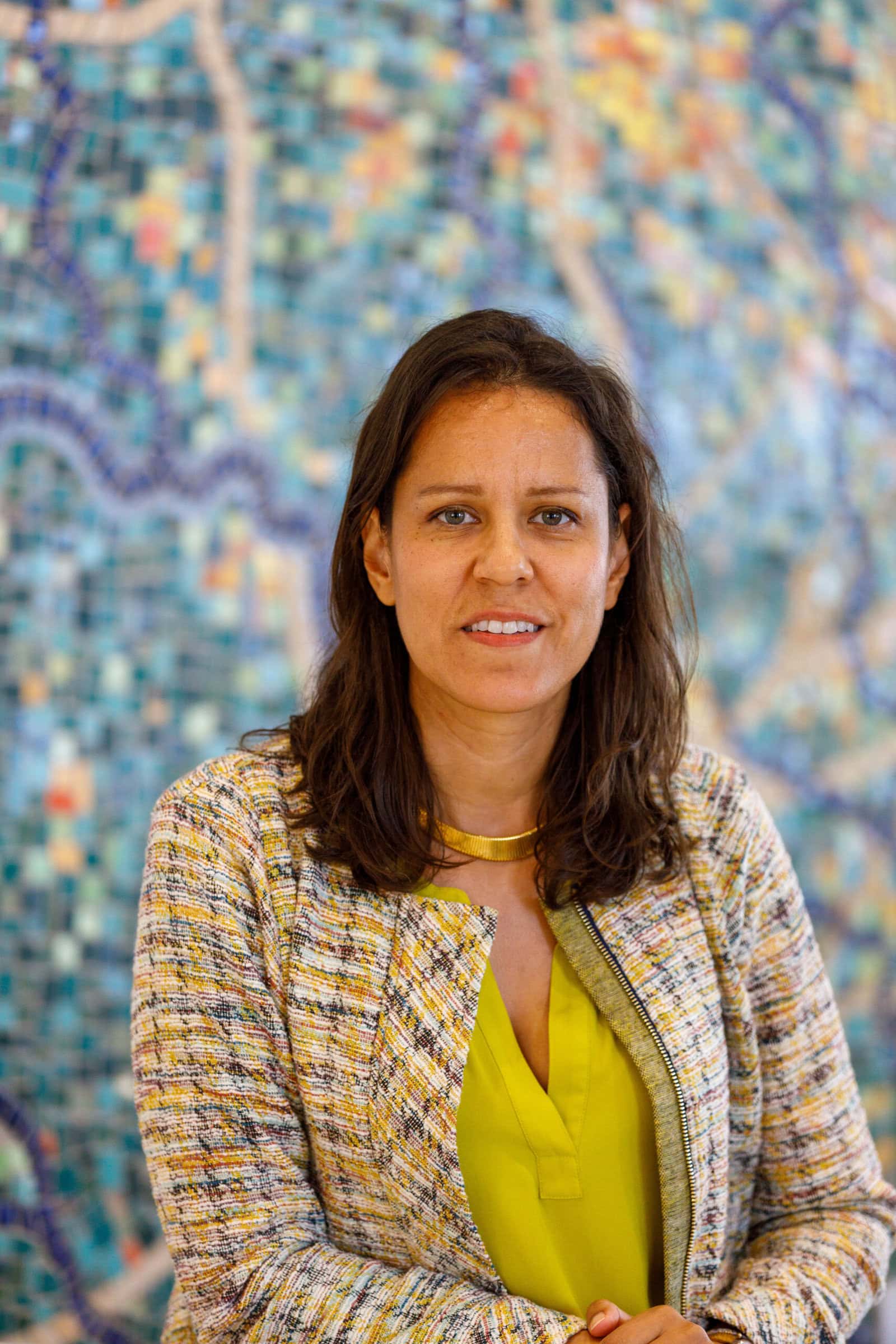The AHA’s Tuning project for history held its first full project meeting in Arlington, Virginia, the weekend of June 9–10, 2012. Building on lessons from earlier AHA projects that explored the role of historical study in liberal arts education, history faculty from sixty-five diverse two- and four-year programs convened to frame a vocabulary to explain how history students are prepared for citizenship and careers. What does a history major offer a student? How can our graduates draw on what they have learned to establish careers and contribute to society and civic culture?
Tuning aims to make clear to students the skills, understanding, and knowledge they will acquire in a history program. The AHA’s Tuning project provides a collaborative forum and a process for history faculty to articulate the core competencies of the discipline. It then tasks participating faculty members with propagating those core elements in two directions: inward, by aligning their program requirements, courses, syllabi, and individual assignments; and outward, by promoting the value of our students’ education in terms of personal development, civic engagement, and career potential.
In order to both clarify the goals of historical study and persuade the public of its usefulness, the Tuning project must do even more than reshape curricula from the perspective of student competencies. It must encourage faculty to intensify their professional connections to the communities beyond the academic campus. The meeting reflected these needs for deeper community engagement.
In his remarks, Executive Director James Grossman discussed the AHA’s inspiration to embark on the Tuning project and some of its potential benefits for the discipline as a whole. In particular, Grossman emphasized the need to communicate the distinctive benefits of history learning to the worlds that students enter upon graduation.
Grossman suggested that public history sites should be important resources for faculty looking to improve their department’s connections to the world beyond the campus, and their students’ chances of finding success after graduation. On the one hand, public history institutions can provide enrichment for history curricula through internships and applied assignments in courses, Grossman observed, and on the other hand those public history institutions can act as a bridge between historians on campus and the particular communities of parents, employers, board members, and civic culture institutions that matter most in a locality or region.
AHA Vice President (Teaching Division) Patricia Nelson Limerick (Univ. of Colorado Boulder) delivered a rousing keynote address at the June meeting, offering her characteristic combination of wit, humor, and insight into what historians do well and what we ought to do better. Limerick underscored that the AHA’s take on Tuning aims to assist faculty in taking collective responsibility for student learning, by providing a broad framework for aligning student goals to what historians value. She underscored that the Tuning process entails neither restrictive standards nor homogenization of teaching methods. Indeed, when Limerick described her own recent efforts to revitalize a large survey course in light of Tuning, one of her favorite tactics included tossing a rubber chicken around the lecture hall. Limerick envisioned Tuning participants and the AHA spreading a spirit of renewal and excitement throughout the profession, while deepening public engagement with history.
Experienced public historian Melissa Bingmann (West Virginia Univ.) gave a clear and enthusiastic presentation on specific ways that individual faculty can mobilize local public-history sites and projects to enrich students’ experiences of their academic degree programs. Bingmann spoke to the gathered Tuning participants about the wide range of creative possibilities for history departments to integrate local public-history opportunities into history curricula in order to both broaden students’ career horizons and give them hands-on experience.
AHA Teaching Division member Anne Hyde (Colorado College) is faculty chair of the project. Hyde came away from the meeting with renewed appreciation for the diversity of the institutions participating in the initiative and with optimism about the project’s potential reach: “After seeing the expertise and energy in the room this weekend, I could imagine how Tuning and its process might enrich the culture of history teaching on college campuses.”
Video from the meeting and other resources are available at the Tuning Project web site.



